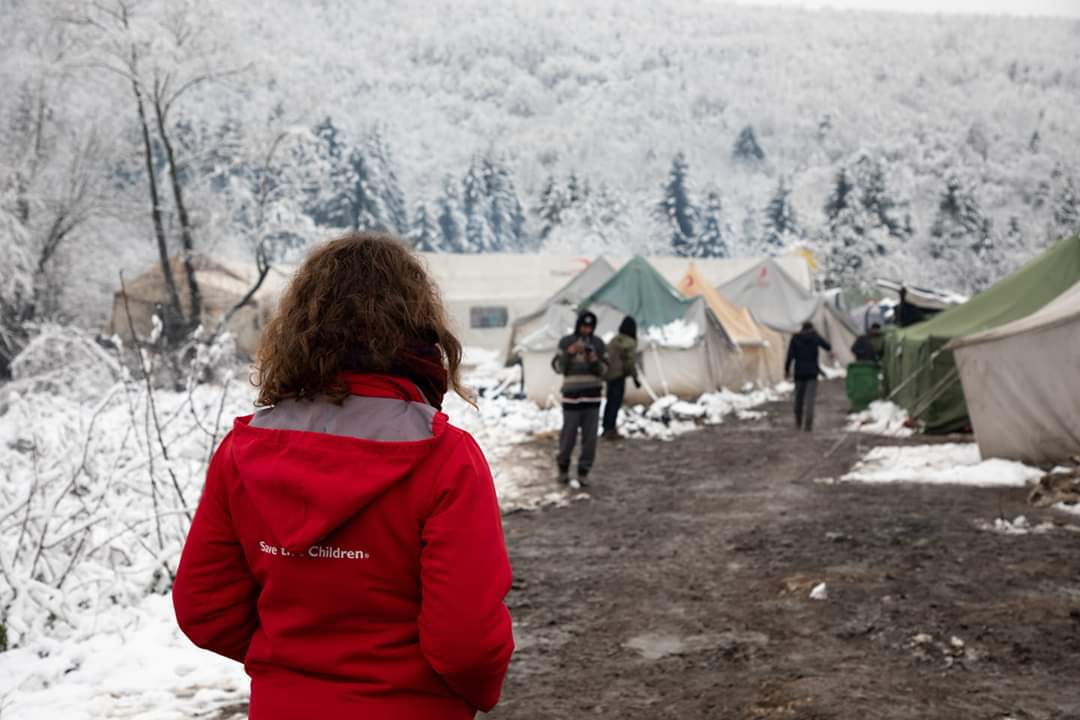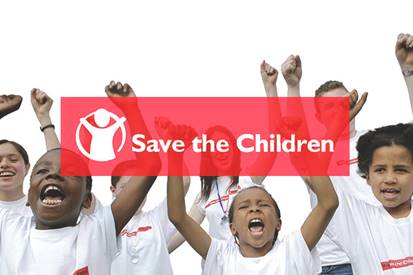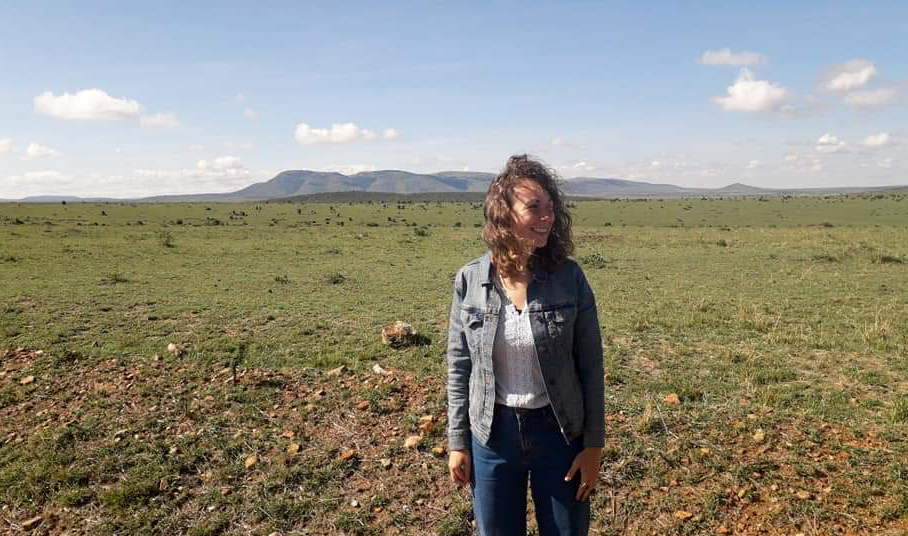To leave home is a hard move – to return the feeling of safety might be impossible. But, where there are people; there is hope. Crafted by human hands, hope remains the core motivation that leads humanitarian workers that help refugees and migrants, who continue their work throughout pandemic and lockdowns – for their journey continues, no matter the obstacle. They have no time to go into isolation, and in many cases there’s nowhere to isolate in. In a way, they are isolated already. Their problems are the theme of our interview with Alma; humanitarian worker who spoke about her experience in camps in Croatia, Bulgaria and Bosnia and Herzegovina. Also, she speaks about the “Save the Children” organization, as well as the misunderstandings regarding the “crisis” and “migrants” that are still common throughout Europe.

Why did you decide to join the “Save the Children” organization?
As many things in life, joining the “Save the Children” (SCI) happened spontaneously and unexpectedly. I wanted to work with migrants, especially children. That is why, in a way, there was not much choice. When the migrant “crisis” came to the Croatian borders in 2015 – I had to volunteer. Then, SCI made me a part of their team. We were delegated to camps in Opatovac and Slavonski brod, which turned out to be one of the most fulfilling experiences of my life.
Who are the people that you care for; where do they come from and what are their goals?
The refugee and migrant persons that come to Bosnia and Herzegovina gather from various set of countries: Afghanistan, Syria, Iraq, even India, Pakistan, Eritrea, Egypt and so on. Most people express their wish to get into other countries mostly because they have family members living there or they believe there’s an opportunity of employment; to continue their education and to achieve a safe and decent life for them and their family.
What camps did you work in? Can you compare your experiences?
In Croatia, I worked in various camps. There were the ones where people would only pass through; taking a break along the way. Later, I started working in reception centers for asylum seekers, where people were accommodated during their wait for international protection approval. In Bulgaria, we dealt with hard and very demanding psychological states that occurred with children who travelled directly from Turkey or Greece. For now, I am doing work throughout Bosnia and Herzegovina; in a land that turned out to be a sort of refugee “hot spot”. Here, both refugees and we (who help them) are hindered by various challenges.

Your main duty is to take care of children and to help them. Unfortunately, there are many children that come from war-torn lands. How do you manage it?
“Save the Children” provides support and protection to children 24/7 – in all camps where they are accommodated. There are many without any legal guardian. But, we also work with those who come with their families. We make sure that every child has their legal guardian and adequate care and protection; which they need both during day and night. Our activities involve making sure that children are visiting a doctor and that they are taking their medicines. Also, we make sure they are taking part in educational and creative programs, as well as sport activities. On the other side, our work includes providing psychosocial support, group and individual conversations, while also keeping an account where the children are.
Is it a challenge to work with them? Yes, it’s very challenging. Some of them have been through a lot; in turn leaving them with traumatic experiences: some of them have been in camps for years and had developed various patterns of inappropriate behavior – but for them; they were necessary to develop for one to survive. The hardest thing in all of this is working with children who have been on a on the road for a very long time. Some of them are enduring many hardships hardships and are prone to destructive acts. They often endured injustice and human rights violations. They bear a specific sorrow and frustration; to the point it has left an enormous trace on their vision of the world. Is it possible to change their vision of the world? To give them hope – to help them develop a new perspective in life – those are the most challenging parts. To see a change for the better in a child; who now feels protected and cared about – and to make that change – that instills true motivation. That is what should be and is, in my thinking, the main principle of the “Save the Children” program. That is why we need to stay child focused and child oriented in our plans.

Do you face misunderstandings with the civic society in the country you work in? Do your perceptions of the “crisis” differ?
There is always some misunderstanding; especially if you do not have enough information or when your source of knowledge is misguided by an unverified claim. It is common for people to change their views when in contact with an actual person; especially when you get to know each other. Unfortunately, in its whole; the society helps to expand closure and unhealthy propaganda, affects people in a bad way. makes a bad effect on people. Let’s say, it is not such a strange thing when people, who maintain everyday contact with refugees and migrants, have-samo have je ok a much more welcoming attitude than people who never saw a refugee once, but heard about them from media or from others. People should at least use more varied sources of media so they could have at least a little more objective picture. Even if they don’t want to use a variety of information sources, they should stop spreading false or untrusted information. Migrating people have enough of a hard time; being stigmatized (what they very often truly feel) and not knowing if they will ever get international protection (which is getting harder day by day) – they really don’t need any more hate.
Stigmatization, misunderstanding and bureaucratic problems have shaped to be usual occurrences in the tough journey towards new life. In 2020, migrant people face a pandemic. How has it affected your work?
The Pandemic has provoked crisis inside crisis, especially in Bosnia and Herzegovina. Things got pretty complicated. For those of us who try to help, this was the most challenging period. There were a lot of problems when monitoring the physical state of camp residents. The Atmosphere was very intense; one could feel that the people are losing it. To stay home and to follow advice from the authorities is easy for those who have a place to stay. For someone who lives in a refugee camp it is very hard. Even in a normal state of affairs they need much more help and stability in order to stay in a healthy and peaceful mental state. Because of those unfavorable conditions, our volunteers had to be much more creative and patient.
Have you found a solution to advance your care in a pandemic-situation?
We have. It is the result of reshaping our methods. Our programs need to function 24/7 and they cannot be cancelled. We had to acquire maximum protection for our employees and back-up teams in case someone gets sick. Luckily, we have not had any serious medical diagnoses, both with camp users, as well as employees. In case of both camp users and employees.
The Interview was conducted by students of philosophy from Split, Croatia – Filip Škifić and Luka Donadini, translated by Luka Donadini; lectured by student of English language and literature, and friend Damir Sirković.






